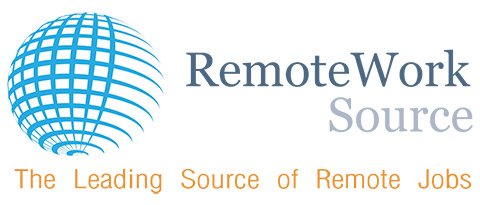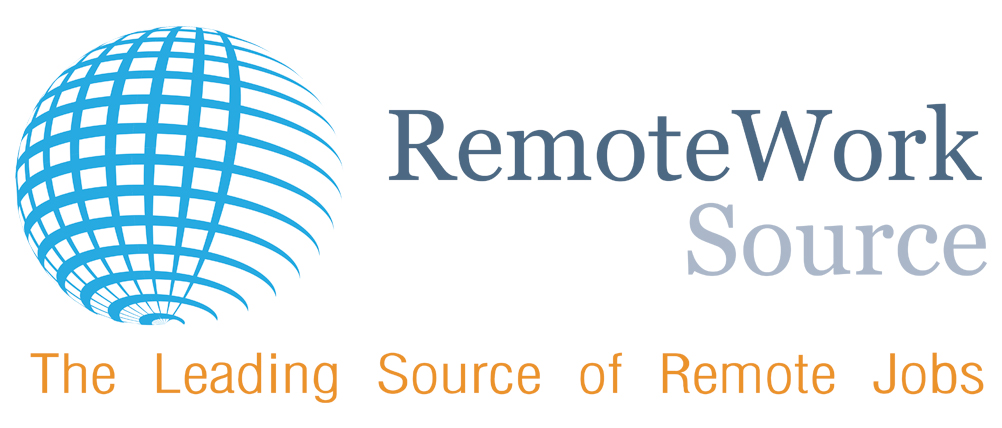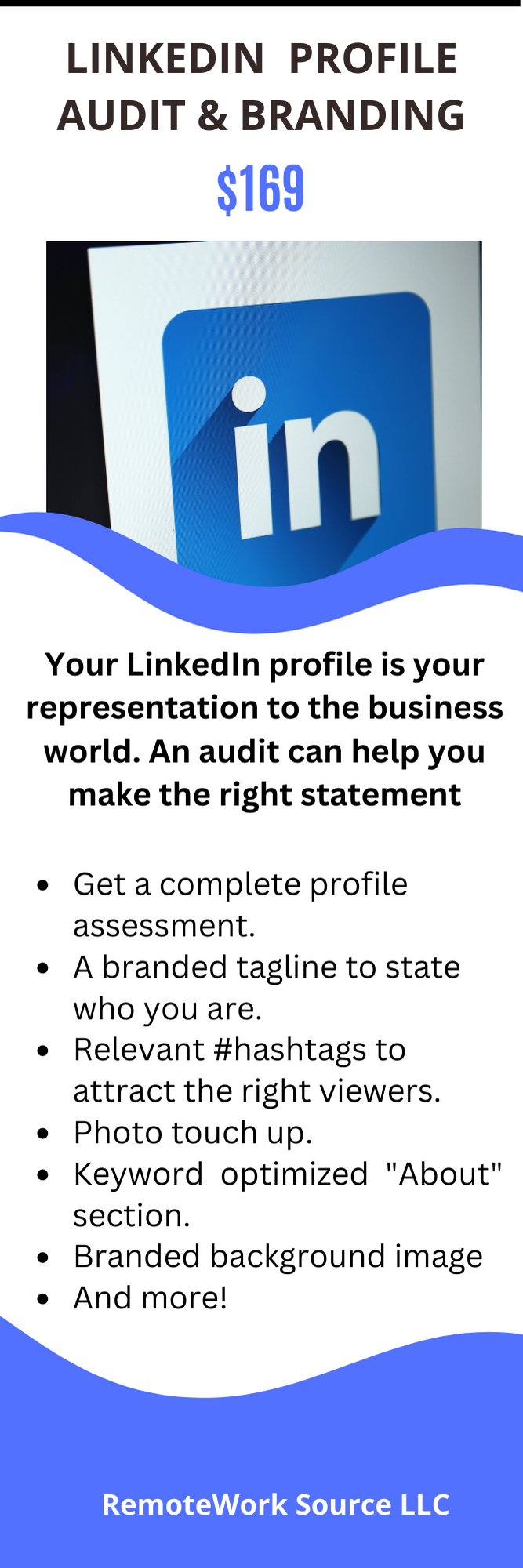Do I Really Need A Cover Letter?
Writing a cover letter is often the more difficult part of applying for a job. It helps to view it as a tool for building relationships. It is your key to connecting with someone you want to work with.
Resumes are hard enough. But with a few tweaks here and there, they can be tailored to whichever company you’re applying to with a minimal amount of mental stress.
Cover letters, however, are a different story. It can be difficult to tailor a cover letter to each company you apply. So, this question has crossed the minds of many job seekers: Are cover letters really that necessary?
The answer: Yes. Just not as much as they used to be.
Let’s consider the purposes of cover letters. You can use these as principles to guide you when you craft your next cover letter to help you stand out from the pool of other candidates.
Principle purposes of a cover letter
Think of it this way: your resume provides your stats, while your cover letter interprets those stats and personalizes them. You need to translate those stats into a language (personal letter) an individual reader will relate to and want to learn more.
Principle 1:
Your cover letter tells the reader why your cookie-cutter qualifications are “out-of-the-world”.
To craft an effective cover letter it’s helpful to understand the purpose of a cover letter. Why do employers want them? Why are they so important that recruiters and hiring managers may specify, “Resumes without cover letters will not be accepted?”
Cover letters help recruiters and hiring managers differentiate between candidates possessing similar experience. (Read: Similar stats.) After all, they expect that candidates applying for a position will meet the basic requirements spelled out in the job ad. It’s your cover letter, then, that will tell them why your qualifications are better.
“[Hiring managers] read pages upon pages of very qualified people describing their very relevant qualifications—so, unless you’ve done something really out-of-this-world, yours may or may not stand out,” writes Kathryn Minshew of The Muse.
Principle 2:
Your cover letter tells the reader why you want to work at their company, not just at any company.
Another purpose of a cover letter is to talk about the employer, not yourself. The resume is all about you— what you’ve done for whom, what you learned and where, and when all those things took place. A cover letter tells the hiring manager why you are interested in their company, and specifically why you want to be there.
If you think about it, does it make sense to work for a company you know nothing about? So, after you’ve thoroughly researched a company to understand their mission, culture, and goals you should have plenty of reasons to give the hiring manager about why you want to work them.
Don’t confuse this with flattery. Find things you truly admire about the company and spell it out for them. Otherwise, it becomes like a bad blind date:
Date: “From what I’ve heard, you seem like a fabulous person. So, what made you want to meet me?”
(Person waits for you to say what attracted them to you.)
You: “Well, I have a lot to offer and I want to share this with someone.”
(Person’s confidence and hopes are instantly deflated. )

Think of a resume as your stats, and a cover letter as making them personal.
Principle 3:
Your cover letter tells the reader that you understand their needs and you are the one to help meet those needs.
A cover letter helps the hiring manager see that you truly understand their needs. It tells them how you will use your skills and experience to help care for them. However, talk is cheap, so you should offer at least one concrete example of a need you can meet or a problem you can solve.
Remember, this is about a relationship. You’re telling the recruiter that you paid attention to them, you noticed that they have a few pressing needs, and you can help them by doing XYZ for them. (“I would like to use my experience at UBS to increase your decreasing number of trading accounts by 50% within the next six months.”)
Are cover letters actually read?
After doing your homework about a prospective employer and bending over backward to woo them with your cover letter, will your cover letter even get read? Maybe.
I’ve used the words “recruiters” and “hiring managers” somewhat interchangeably in this article. But now I need to point out their crucial differences. Recruiters’ jobs are to locate candidates, screen them, and “sell” the job opening to the candidate. Then, they pass on to the hiring manager any candidates that are fits for the open positions.
Recruiters admittedly rarely read cover letters. They don’t aim to make a personal connection with you. Heck, many times they don’t even work for the company whose position they’re trying to fill.
A hiring manager, on the other hand, is from the company’s human resources department, and says “yay” or “nay” to a candidate. Ultimately, it will fall on them if someone they hire is not a good fit. They’re not only interested in a candidate’s qualifications; but, they also need to get a solid feel of their likeability, their soft skills, their possible longevity, and their ability to meet specific needs of the company.
Despite recruiters’ best screening, hiring managers may have hundreds of pre-qualified applications to sift through for a single position. (Of course, the higher up the food chain the position is, the fewer candidates a hiring manager should have to deal with.) So, they skim, toss. Skim, set aside. Skim, toss. That’s why your cover letter needs to be “disruptive”: Your cover letter needs to immediately pull them off of autopilot by establishing a connection.
How? By focusing on the above-mentioned three principles.
“The purpose of your cover letter is to draw recruiters in and entice them to read your résumé. You need to make sure that every sentence is highly relevant to the target company and proves how you could add impact.” Andrew Fennell for Fast Company [Emphasis added.]
LinkedIn profiles instead of cover letters
These days, many hiring managers are asking for the URL to your LinkedIn profile instead of a cover letter. While this might seem to make things much easier for both of you, it should also put you on high alert.
Sharing your LinkedIn profile offers you an opportunity that a cover letter doesn’t, such as providing links to articles you’ve written, showing off your professional networking groups, and featuring recommendations from people with whom you’ve worked.
Also read: May I See Your Job References, Please?
This also means that if a hiring manager checks your LinkedIn account, they’ll take the time to find you on other social media platforms. And remember: hiring managers are interested in assessing your character to help them evaluate how you will get along with others, gauge how reliable you are, evaluate your soft skills, and try to determine if you’ll be a liability to the company somewhere down the line.
According to study findings from First Advantage, more than 60% of employers DO check candidates’ Facebook, Twitter, and Instagram accounts. They say they’re looking for indications of violence, drug use, and bigotry. But even if they can’t find any of those things, they will still walk away with some kind of impression of you as a person.
Staffing firm, The Lee Group, points out that “jobseekers with active Facebook profiles should think about what they post on their personal page and how it may be perceived by a recruiter.” [Emphasis mine.] Don’t forget that recruiters are human, and perception is everything.
Also read: Your Social Media Habits and Your Job Search
Using both a cover letter and a LinkedIn profile
Employers that ask for your LinkedIn URL along with a cover letter are still doing you a favor. A well-crafted social profile is what you choose to show the world at large. They allow personal touches, but are not addressed to anyone individually.
Simultaneously, a cover letter allows you to tailor your profile (if you will) to the individual company with whom you want to work. This is obviously to your benefit, as well.
Wrapping it up
Cover letters are still important in the application packet, even though nearly half of all hiring managers don’t read them. They offer you a 50/50 chance to stand above the rest.
When you craft a cover letter, think about relationships. Using the three principles here are all about keeping relationships at the forefront in your writing.
Many employers are requesting to see candidates’ LinkedIn profiles either in lieu of, or along with, cover letters. This is a great opportunity to really impress a hiring manager. It is also an alert to consider how you might be perceived on other social platforms.
The perfect cover letter?
- One that “disrupts” the reader into paying attention.
- One that makes a real connection to the reader.
- One that makes the reader feel you understand them and are able to help them.
- One that makes you heads above all the rest.
Let’s talk more about it. Join us on Facebook and LinkedIn
Does your resume need help? Check out our resume rewrite packages!
Category: Cover Letters, Resumes, Telecommuting








